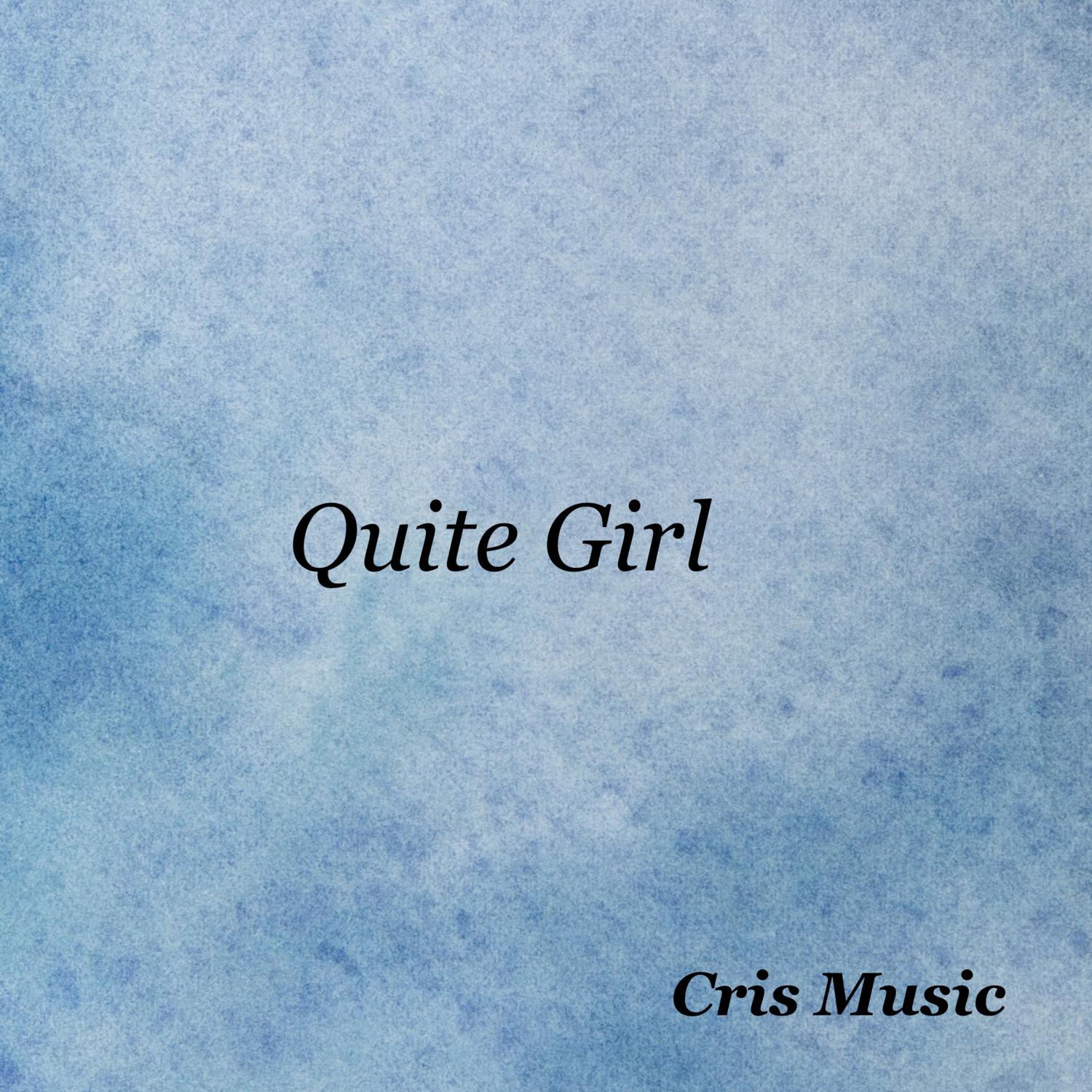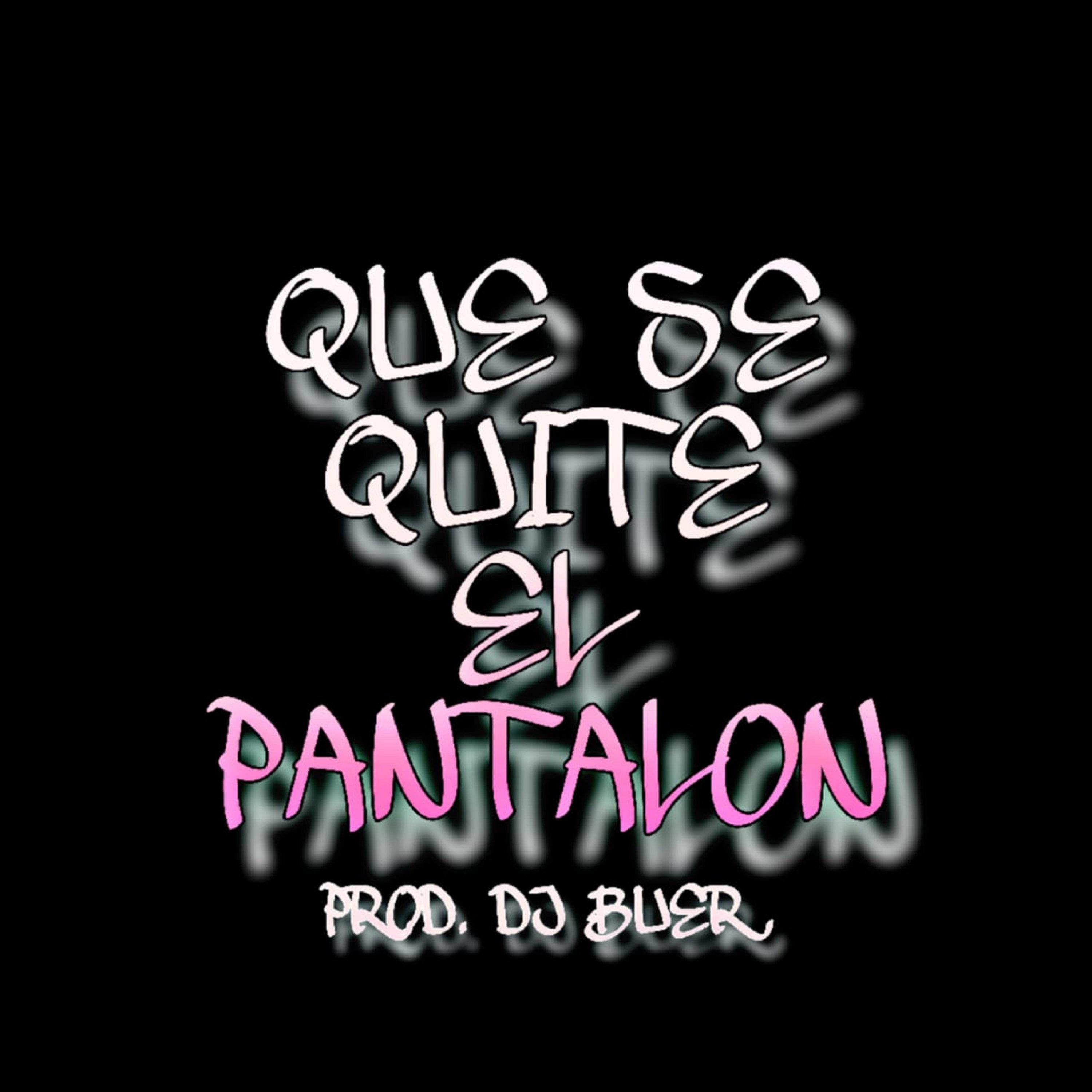本文目录导读:
"quite"是一个英文单词,意思是“相当;非常;十分”,这个单词在口语和书面语中都非常常见,它可以用作形容词、副词或名词,我们将探讨“quite”的用法和它在不同语境中的应用。
作为形容词
“quite”作为形容词时,意味着“相当的;相当的程度上”,它通常用来修饰动词、形容词或其他副词。
The movie was quite interesting.(电影相当有趣。)
The book is quite difficult.(这本书相当难。)
The cat is quite old.(这只猫相当老。)
作为副词
“quite”作为副词时,意味着“非常;十分”,它通常用来修饰动词、形容词或其他副词,以表达强烈的程度。
The cat is quite old.(这只猫非常老。)
The movie was quite interesting.(电影非常有趣。)
The book is quite difficult.(这本书非常难。)
作为名词
“quite”作为名词时,意思是“安静;寂静”,它通常用来形容一种缺乏噪音或干扰的状态。
The room was quite.(房间很安静。)
The forest was quite.(森林很安静。)
The library was quite.(图书馆很安静。)
在不同语境中的应用
1、在描述物品或事件时,可以使用“quite”来强调它们的程度或状态。
The cat is quite old.(这只猫非常老。)
The movie was quite interesting.(电影非常有趣。)
The book is quite difficult.(这本书非常难。)
2、在询问或回答问题时,可以使用“quite”来强调问题的程度或状态。
How old is the cat?(这只猫多大?)
The cat is quite old.(这只猫相当老。)
How difficult is the book?(这本书有多难?)
The book is quite difficult.(这本书相当难。)
3、在表达感谢或道歉时,可以使用“quite”来强调感谢或道歉的程度。
Thank you quite a lot.(非常感谢。)
I'm sorry quite a bit.(非常抱歉。)
4、在描述个人感受时,可以使用“quite”来强调感受的程度。
I feel quite tired.(我感到相当疲惫。)
I'm feeling quite lonely.(我感到相当孤独。)
5、在描述自然现象时,可以使用“quite”来强调自然现象的程度或状态。
The sky was quite dark.(天空相当黑暗。)
The rain was quite heavy.(雨相当大。)
6、在描述历史事件时,可以使用“quite”来强调历史事件的严重程度或影响。
The Great Depression was quite a disaster.(大萧条是一场巨大的灾难。)
World War II was quite a tragedy.(二战是一场巨大的悲剧。)
7、在日常对话中,可以使用“quite”来强调某个话题的重要性或紧迫性。
This is quite a serious issue.(这是一个相当严重的问题。)
We need to talk about this quite a bit.(我们需要好好谈谈这个问题。)
8、在书面写作中,可以使用“quite”来增加文章的文采和表达力。
The cat sat on the mat, quite content with its life.(猫坐在垫子上,相当满足它的生活。)
The book was quite a page-turner, with its captivating storyline.(这本书相当引人入胜,有着引人入胜的故事情节。)
9、在新闻报道中,可以使用“quite”来强调某个事件的重要性或影响。
The new policy is quite a game-changer for the industry.(新政策对该行业有着重大影响。)
The recent surge in cases has been quite alarming.(最近病例的激增相当令人警惕。)
10、在旅游描述中,可以使用“quite”来强调某个旅游胜地的美丽或特色。
The beaches in Bali are quite beautiful.(巴厘岛的海滩相当美丽。)
The mountains in Switzerland are quite breathtaking.(瑞士的山相当壮观。)




 京公网安备11000000000001号
京公网安备11000000000001号 京ICP备11000001号
京ICP备11000001号